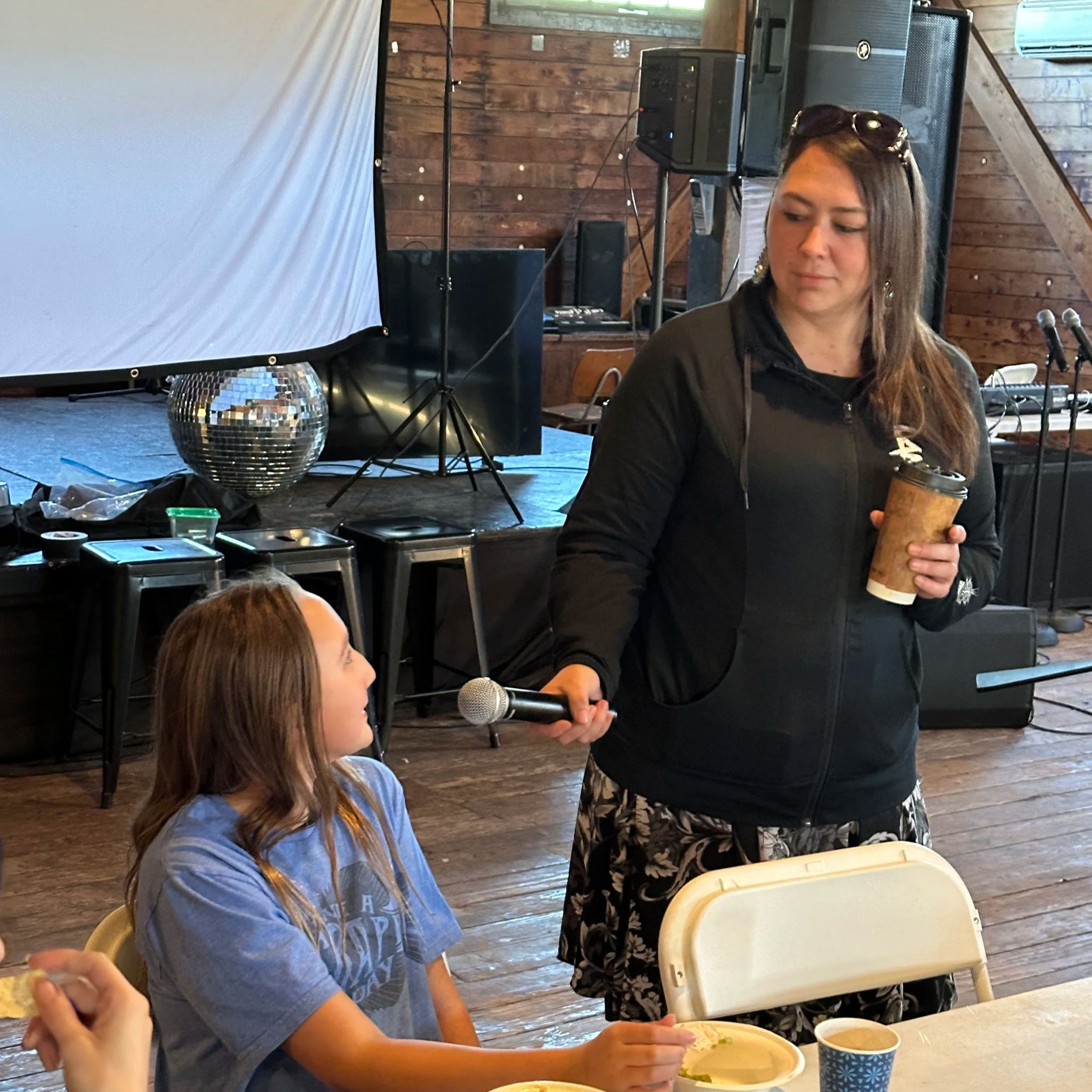Mukwa's Guardians of Turtle Island project is dedicated to standing for the Rights of Nature/Mother Earth and the Inherent Relationships that safeguard life. We aim, through advocacy and organizing campaigns, to protect the water, land, and all living beings. And to foster a deeper respect for our environment and ensure its preservation for future generations.



